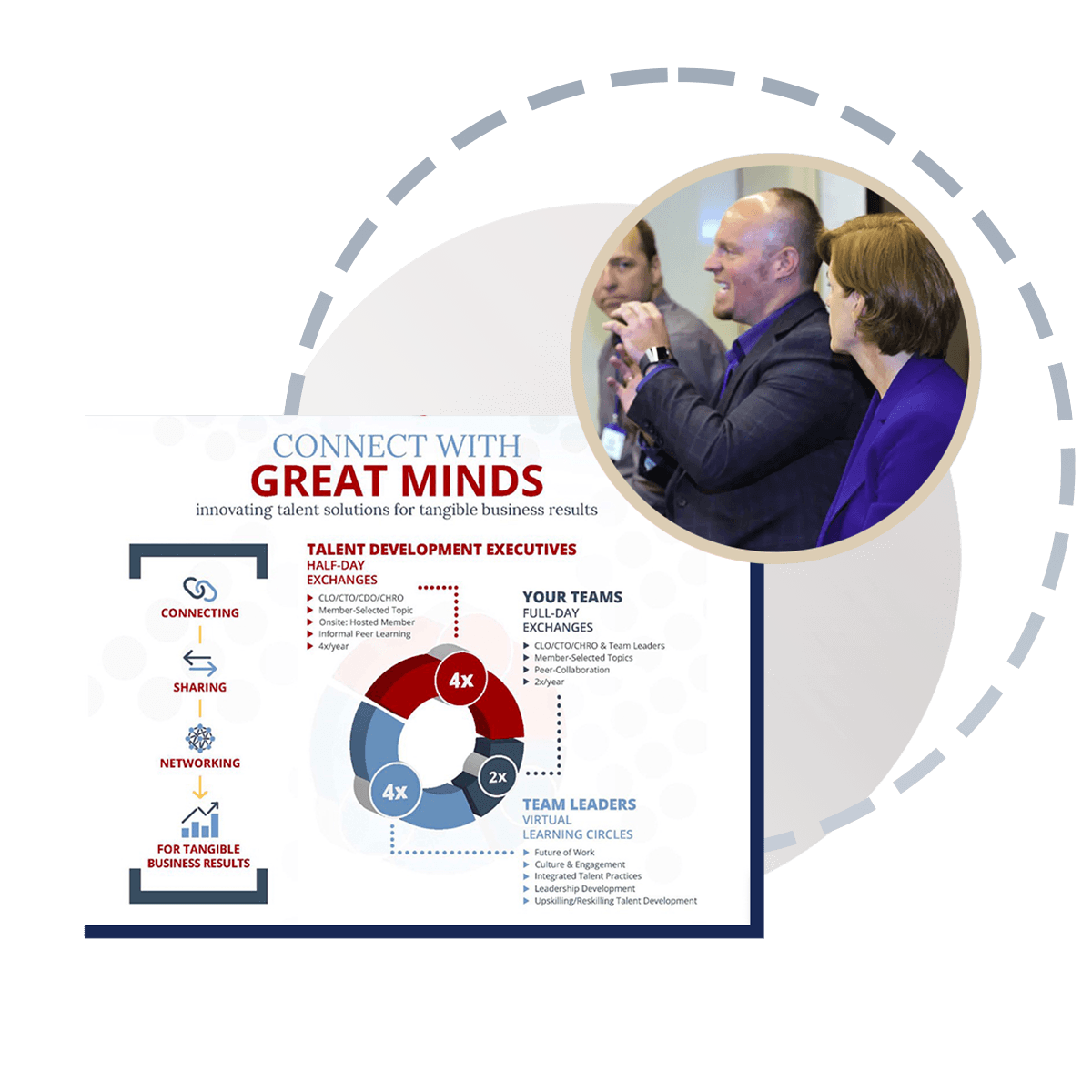Veteran experience, talent, and ability are usually lost in translation. Those serving in the military not only have a language barrier in trying to relate their job classification in civilian terminology, but they also have no clue how the private workplace culture operates. This issue becomes more complicated; the more extended one serves. So, the irony is, as a military member gains valuable experience in their job, as well as in management, diversity, human resources, and supply chain management, to name a few areas, they also think that the military workplace is mirrored in the civilian sector. After all, that is all they know!
To help guide this roundtable panel discussion, we encouraged participants to share the following:
- What are ongoing training programs utilized in your organization to educate recruiters, hiring managers, supervisors, and peers on the unique skills that veterans bring to the workplace?
- Does your organization have an Employee Resource Group that focuses on veterans, military, and spouses?
- What advice or recommendations would you give to veterans concerning their resume, interviews, and seeking a career versus a job? How do we become world-class in measuring and improving our impact?
- Recruit and hire is a critical first step in your talent management life cycle, but what initiatives have you deployed to develop and retain veterans to fill leadership and technical gaps within your organization?
Post-Action Review:
- What actions are you taking to help ensure that talented veterans successfully transition from "boot to suits" to help fill leadership and technical gaps within your organization?
- What is your organization doing to develop and retain veterans after the hire?
